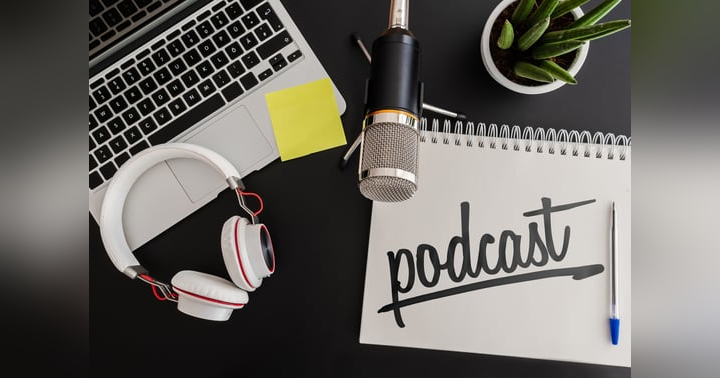Top Ten Tips For Better Sleep

As I have gotten older, I have started to develop several challenges in my life. Things I once took for granted are now suddenly front and centre in my life. One of the main issues I have is the amount and quality of my sleep. I am a diabetic and have severe neuropathy in my feet. I feel this a lot more when I am in bed. My feet burn, and I can’t tell whether they are hot or cold. I can describe the pain best as walking over chunks of broken glass that alternate between feeling like ice blocks or molten lava, with jolts of electricity thrown in for good measure.
As a result, my quality and length of sleep have been significantly impacted. I wake up in the morning, not at all rested and refreshed, and a lot of the time, I feel almost like I have a hangover. In case you are wondering, 95% of the time, it’s not a hangover.
So I have compiled a list of the top 10 things you can do to achieve better sleep.
- Avoid stimulants of any kind
Stimulants are drugs that can temporarily speed up the body, such as coffee, energy drinks and caffeine. Unfortunately, they can also cause anxiety, insomnia, and increased heart rate. Stimulants are also known to accumulate in the brain, especially when we get used to using them. Stimulants stop having their desired effect and stop functioning correctly (called habituation). This is dangerous in any situation, let alone trying to get better sleep. If you have an addiction to coffee, it’s better to cut the amount you consume a lot more than you think. Once a day is OK, but two is pushing it. Do not drink caffeinated drinks at least 6 hours before bed. Drinking coffee at bedtime can put paid to any idea of getting better sleep.
2. Exercise
It is vitally important that we switch off our brains by getting some exercise. Our brain functions on less oxygen by not training and produce more stress hormones than during periods of intense training. This makes the brain a lot more vulnerable to developing sleep problems, so don’t skimp on your workout.
If you are sedentary (not doing any exercise at all), you should walk or cycle for at least half an hour at least 3 times a week.
If you are an athlete, even better. I have found that going for a walk during my lunch break is the perfect exercise for me and also a great social way to get out into nature.
- Take a hot shower
Taking a hot shower is one of my favourite things to do as I find it relaxes me and helps me achieve better sleep. It really is true that it’s tough to think about stressful things when you are under the stream of warm water. It is also a great time to meditate.
- Avoid watching television before bed
We must turn off our minds in the few hours leading up to sleep so that we can doze off. If you are watching TV, your brain will still be processing information, and as a result, your mind will still be active. Watching TV also stimulates your mind and makes it very hard to fall asleep. This is because of the incredibly shocking medium it is. Scary movies primarily have been known to keep people up for a good hour after they finish!
- Get a puppy
Puppies are great at pushing you into relaxation, and they are so cute that you won’t even be able to stay stressed if they are around you. Just be sure not to feed them too much because they really do fart a lot, which can get very annoying. They also need food and attention, which can be stressful, so make sure that you have the time for them as well!
- Get enough sunlight
It is a good idea to get as much sun as possible up until around 1 hour before you go to sleep. This is because sunlight helps our bodies to naturally wind down, and exposing yourself to as much sunlight as possible helps prevent Seasonal Affective Disorder. SAD is generally caused by not getting enough sunlight in winter, making it hard for us to sleep at night.
- Get a humidifier
“Having the correct humidity in your bedroom can help improve sleep. If it is too dry, this can cause nasal congestion and dry throat, which will make you very uncomfortable and may affect your sleep.
- Start a bedtime routine
You must have a set time at night to eat dinner, take a bath or shower, and then read until you fall asleep. This should be happening in the same order every day so that if it is 11pm, for example, this would be 11pm every night. It is also crucial to notice what we eat when we feel tired as food can significantly affect our sleep patterns.”
- Use Essential oils
Essential oils are a great way to relax and get a good night’s sleep. Lavender and eucalyptus oils are popular and not too expensive. They can be used in diffusers, sometimes in a carrier oil in the bath, or even rubbed directly on your temples or wrists. I personally use a few drops of eucalyptus in my diffuser at night and then a couple of drops of lavender oil on my pillow.
- Consistent sleep patterns
I am still unsure which end of the spectrum I fall on, but I believe that it’s crucial to get as much sleep as possible and have a well-thought-out bedtime routine. What I have found is that getting good sleep has helped with my daily functioning. It doesn’t cure my neuropathy, but it helps keep me from being in pain all the time and generally makes me feel better overall.
Until next time, sleep well and keep on keeping on,
D









